Russia summons Israeli envoy over spat on Ukrainian Nazi collaborators
Russia has summoned the Israeli envoy in Moscow over remarks by his colleague in Kiev that glorified Ukrainian militia leaders who sided with Nazi Germany against the Soviet Union during World War II.
In a statement released on Tuesday, the Russian Foreign Ministry said that it had “invited” Israeli charge d’affaires Ronen Krausz “for a conversation” about the comments by Israeli ambassador to Kiev Michael Brodsky.
Referring to Nazi collaborators Stepan Bandera and Roman Shukhevych, Brodsky recently said Israel does not like that the pair are role models but conceded that “for most Ukrainians, these are heroes who fought for their independence.” He also noted that Tel Aviv’s support for Ukraine should not be conditioned to Kiev’s portrayal of such figures as heroes.
During Tuesday’s summoning, the Russian Foreign Ministry blasted Brodsky for “whitewashing” Ukrainian Nazi accomplices.
“Russia and Israel have done a lot to rebuff attempts at rewriting history and glorifying Nazi castigators’ accomplices, including within international formats,” the ministry added.
It also underlined the need for “an unequivocal assessment of the actions of those who … fan Russophobic sentiment,” saying they are “inspired by such war criminals as Stepan Bandera and Roman Shukhevich, who stained their hands with the blood of thousands of innocent victims, including Jews.”
Last week, Russian Foreign Ministry spokesperson Maria Zakharova accused Brodsky of “glorifying Nazism”
Ukrainian Nazi collaborators “were not heroes, but demons, and this was not an identity, but a disgrace for the people of Ukraine,” she added.
#Opinion by Maria Zakharova
— MFA Russia 🇷🇺 (@mfa_russia) June 22, 2023
💬 No one has the right to have such heroes [as Bandera, Shukhevich, Melnik]. These were not heroes, but demons, and this was not an identity, but a disgrace for the people of Ukraine.
This is an act of glorifying Nazism.
🔗 https://t.co/00nsSaOGSn pic.twitter.com/utJEM7oQD5
Russia launched a military operation in Ukraine in February 2022, with President Vladimir Putin saying the goals were “demilitarization and de-Nazification” of the East European country.
Israel has faced sharp criticisms from both Moscow and Kiev as the occupying regime tries to maintain ties with both sides amid the war.
In a statement on Sunday, Ukrainian Ambassador to Israel Yevgeni Kornichuk claimed the Israeli regime is “hiding behind the demagogy of its neutrality” while expanding relations with Russia.
Kornichuk also lashed at Israel for its refusal to supply weapons to Kiev over fears that they may fall into the wrong hands.
Since the beginning of the war, Ukraine has repeatedly demanded from the Israeli regime to provide it with weapons, including air defense systems, but Tel Aviv has consistently rejected all requests, saying that in the interests of its national security, it would limit its assistance to Kiev to humanitarian aid and non-lethal equipment.
Scores killed as Takfiri terrorists target Shia Muslims in Pakistan
Pezeshkian to US, Europeans: You are killing women, children
VIDEO | COP29: another climate failure?
ICC issues arrest warrants for Netanyahu, Gallant for war crimes
Israeli strikes kill 88 Palestinians in northern Gaza
American voters plainly rejected complicity in Gaza genocide: Iran FM spox
ICC should issue more arrest warrants for Israeli authorities over Gaza genocide: UN expert
Israel using AI weapons co-produced by India in Gaza genocide: Report


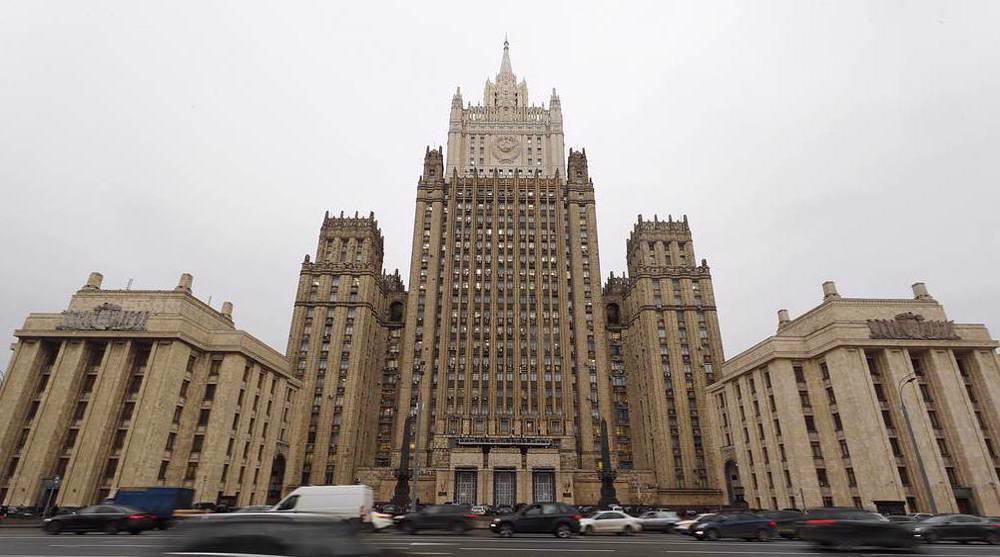
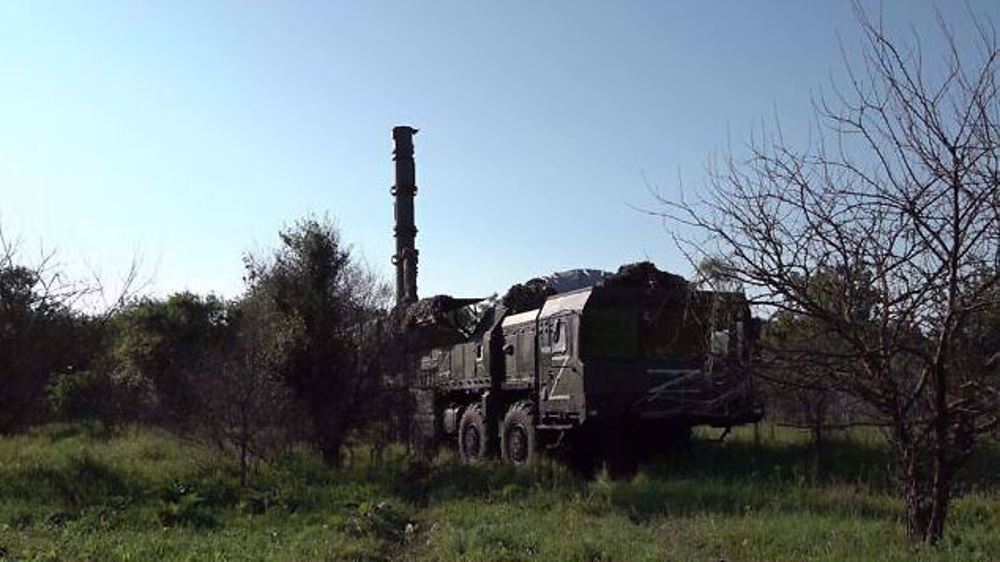
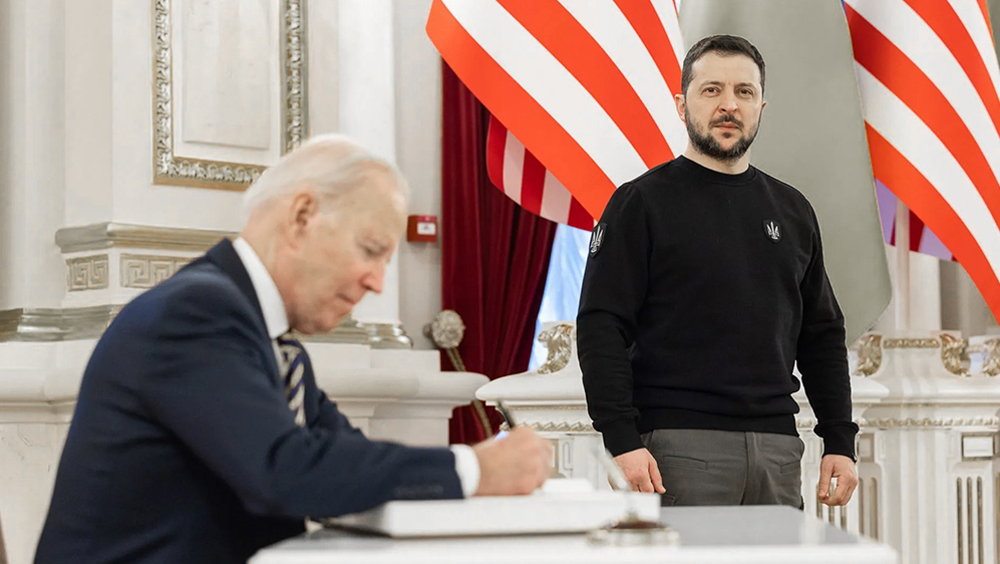
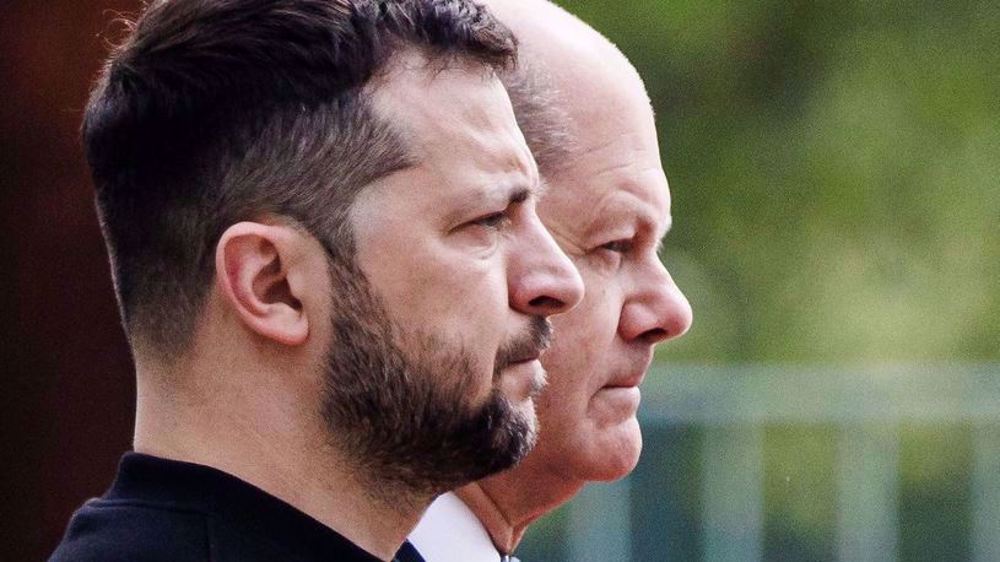



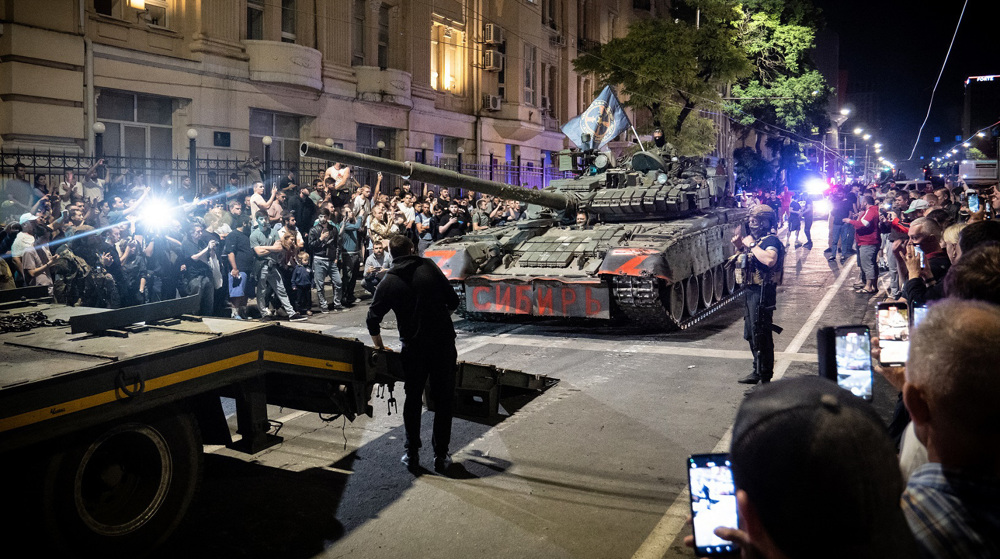
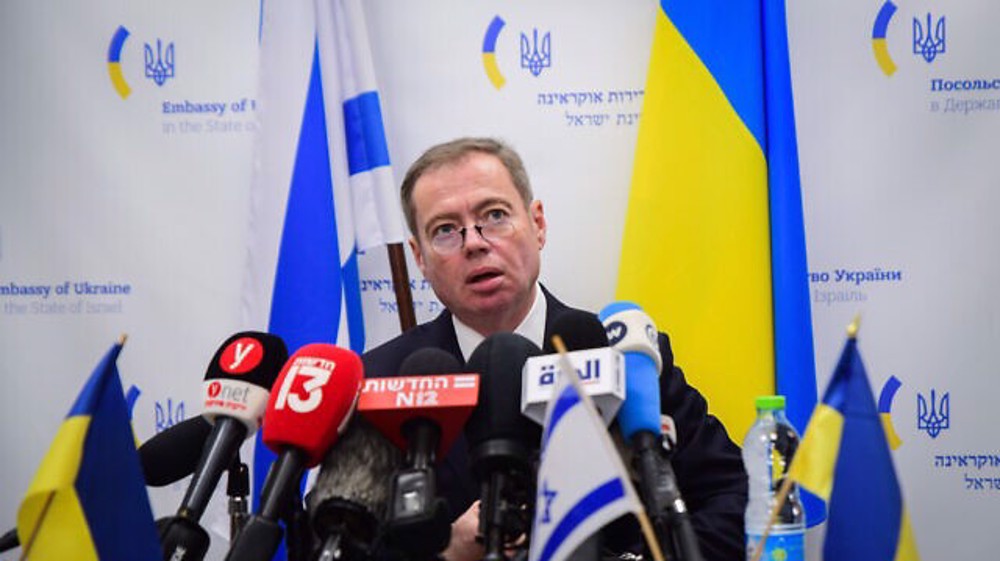
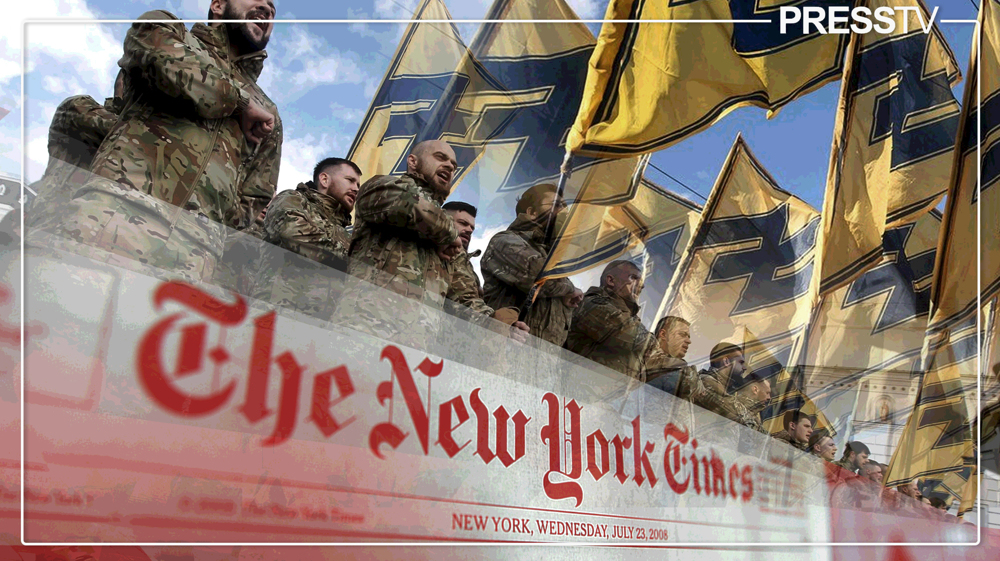
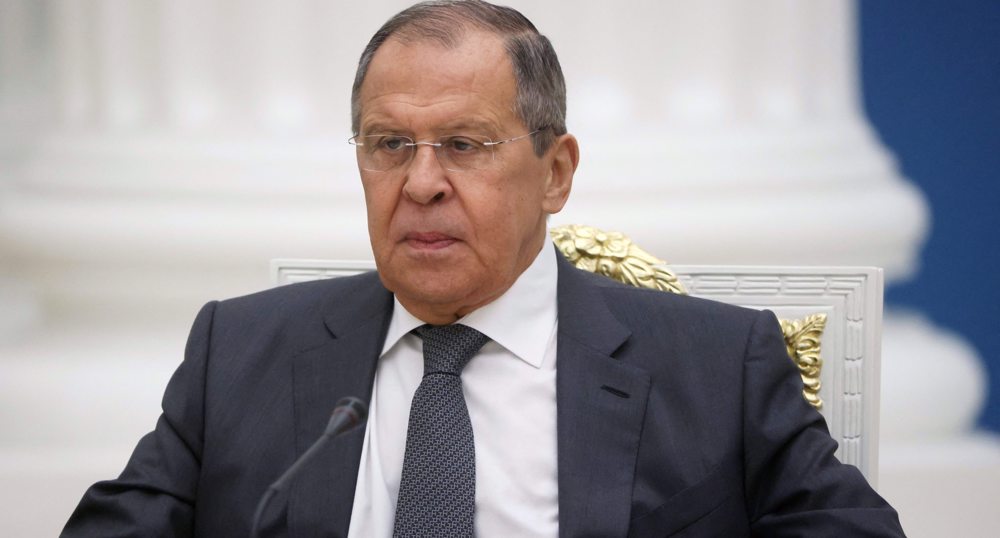
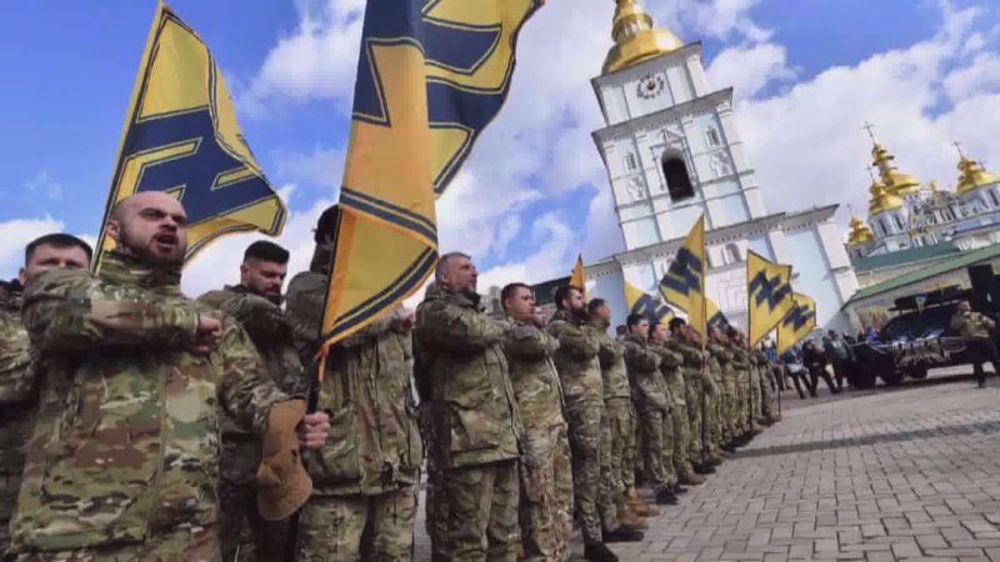

 This makes it easy to access the Press TV website
This makes it easy to access the Press TV website